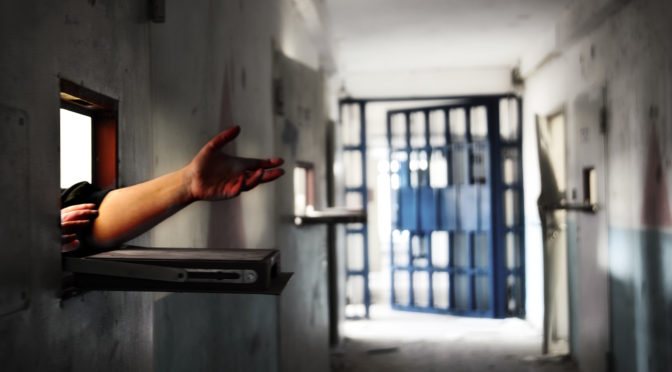Felony Murder Rule Relaxed by Senate Bill 1437
On September 30, 2018, Governor Brown signed Senate Bill 1437 into law. SB 1437 relaxed the felony murder rule. Beginning January 1, 2019, a participant in a felony is guilty of felony murder only if he or she:
- Was the actual killer, OR
- With the intent to kill, aided, abetted, counseled, commanded, induced, solicited, requested, or assisted the actual killer in the commission of murder in the first degree, OR
- Was a major participant in the underlying felony and acted with reckless indifference to human life.
When Does SB 1437 Take Affect?
Senate Bill 1437 takes affect beginning January 1, 2019. Qualified inmates convicted before that date can petition to be re-sentenced.
Qualifying for Re-sentencing
There are three qualifications for re-sentencing.
First, a complaint, information, or indictment was filed against the defendant that allowed the prosecution to proceed under a theory of felony murder or murder under the natural and probable consequences doctrine.
Second, the defendant was convicted of first degree or second degree murder following a trial or accepted a plea offer in lieu of a trial at which the defendant could be convicted for first degree or second degree murder.
Lastly, the defendant could not be convicted of first or second degree murder because of changes to Section 188 or 189 made effective January 1, 2019.
How to Petition for Re-sentencing
The first step is to file a petition with the sentencing court. The inmate must include a declaration by the inmate that he or she meets the qualifications for re-sentencing.
The second step is for the court to determine whether the inmate meets the three qualifications for re-sentencing.
If the inmate meets the qualifications for re-sentencing, the third step is a hearing. This hearing is called an “Order to Show Cause.” At that hearing, the court will determine whether to vacate the murder conviction.
Felony Murder Re-sentencing
The court may recall the felony murder sentence and re-sentence the inmate on any remaining counts.
The inmate can be sentenced as if he or she had not been previously been sentenced. However, the new sentence cannot be greater than the initial sentence.
 Contact
Contact
924 Anacapa Street, Suite 1-T
Santa Barbara, CA 93101
(805) 635-7766
RABLAW805@gmail.com








